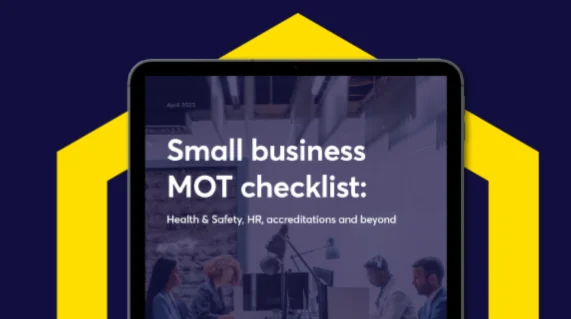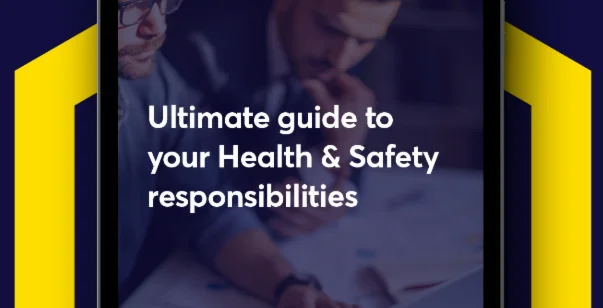Modern-slavery-act
Modern Slavery & Human Trafficking
Information for small businesses
The Modern Slavery Act 2015 introduced a requirement for qualifying organisations to publish a statement each
year.
Most SMEs will not be qualifying organisations because they will have an annual total turnover of less than £36
million. However, many small businesses are being asked for policies and more in relation to modern slavery and
human trafficking when tendering for work, applying for accreditations and completing pre-qualification
questionnaires.
So how can small businesses ensure that they deal with these requests appropriately?
Understand the requirement
One of the most common questions small businesses face is ‘Do you have a Modern Slavery Statement?’
This begs two questions:
- What is a Modern Slavery Statement?
- Do we need to produce one?
A Modern Slavery Statement is the annual document which qualifying organisations need to produce each year
and which must set out the steps which the business has taken to eliminate modern slavery from its business
activities and supply chain.
As the statement is more of a report on what has already been done it should be a separate document to any
Modern Slavery and Human Trafficking Policy, which will be forward looking.
The organisation must publish the statement on its website with a prominent link on the home page (assuming
it has a website) or provide it on request within 30 days of receiving the request.
If you are not a qualifying organisation you do not need to provide one. To check whether or not you are a
qualifying organisation please download and follow the free flowchart below.
If you are a qualifying organisation and do not comply then the Government can seek a High Court injunction
requiring you to comply – if you still fail to do so then you would be in contempt of court.
If you are not a qualifying organisation then you can still produce a statement; although this would only be
worthwhile if you have actually taken pro-active steps to address the risk of modern slavery in your business
and supply chain, many SMEs are now being compelled to take positive action to comply with accreditation, tender
and PQQ demands.
By implementing some or all of the steps below you will be able to produce a statement and use this to
demonstrate a pro-active approach to this issue.
Modern slavery and human trafficking policy
Like many business compliance issues, addressing modern slavery requires a business policy setting out the aims
and approach of the business looking forward.
This should include a top down commitment to ensuring modern slavery is not present in the business activities
and supply chain along with placing an obligation on individuals to be alert to the risk and to report possible
issues, along with an appropriate reporting procedure (this may dovetail with your organisation’s whistle
blowing policy).
Training
It is important that there is an awareness throughout the organisation of what modern slavery is and what the
risks and red flags are.
This could include external training of key management personnel which is then cascaded through the organisation
through internal training sessions such as a toolbox talk.
Training activities can then be recorded in a Modern Slavery Statement.
Supplier risk assessments
Naturally all businesses will refute any suggestion that modern slavery is present within its own business,
though the presence of employment contracts and pay records is recommended in order to evidence this
position.
However, it is in the supply chain that most risk exists, especially where there is a perceived increased risk of
modern slavery and trafficking. For example, where the workforce is made up of a large degree of migrant labour
(agriculture and hospitality) or where materials are procured from high risk countries (see the Freedom House
list: www.freedomhouse.org).
By carrying out a supplier risk assessment you can identify suppliers where there is an increased risk of modern
slavery and trafficking and undertake additional due diligence.
By carrying out a supplier risk assessment you can identify suppliers where there is an increased risk of modern
slavery and trafficking and undertake additional due diligence.
The carrying out of the assessment and any follow up actions are steps you can then include within the Modern
Slavery Statement.
KPIs and auditing
The final step an organisation can take is to identify where risks and issues lie and then measure its performance
against KPIs through an annual audit of both the organisation and its suppliers.
These results can then be published in a Modern Slavery Statement.
Achieving compliance
EL Direct can assist Companies achieve compliance with the Modern Slavery legal requirements and complete the
relevant sections of accreditations and tender documents. Call us on 0114 241 7092 for more information.





